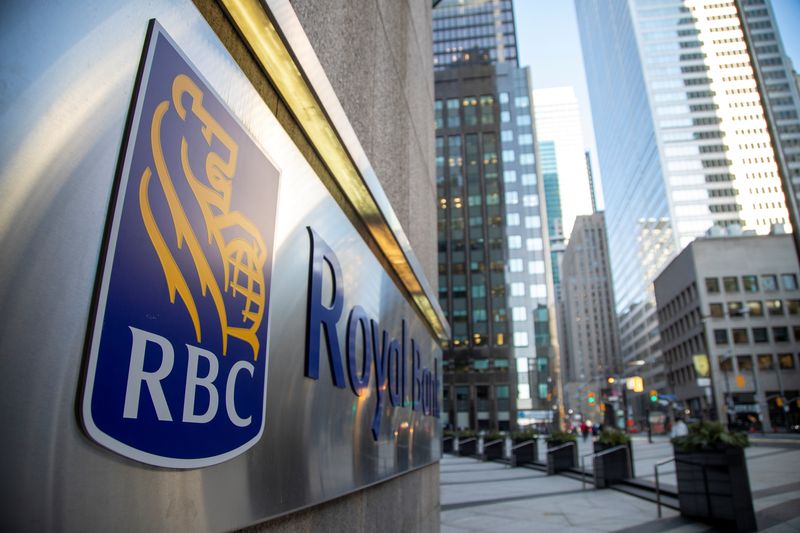By Nichola Saminather
TORONTO -Royal Bank of Canada, Toronto-Dominion Bank and Bank of Montreal said on Wednesday they will raise their prime lending rates for the first time since October 2018, after the Bank of Canada hiked its benchmark rate by 25 basis points.
The higher prime rate, which variable-rate mortgages are tied to, will rise to 2.7% from 2.45% and come into effect on Thursday, the three lenders said.
The Bank of Canada on Wednesday increased interest rates to 0.50% from a record-low 0.25%, and said they would need to rise further despite increased uncertainty following Russia’s invasion of Ukraine.
Demand for variable-rate mortgages has grown, thanks to the widest gap https://www.ratehub.ca/historical-mortgage-rates-widget between them and fixed rates – which have been climbing alongside bond yields that have risen in anticipation of tighter central bank policies – in 3-1/2 years.
Floating-rate loans have accounted for over half of new mortgages since July, according to Bank of Canada data.
“We can expect more Canadians’ rates to go up and for their mortgage payment to be affected than in a typical rising rate environment,” said James Laird, co-founder of mortgage rate comparison website Ratehub.ca.
Still, the 25-basis-point increase in prime rates is unlikely to have a significant impact on housing demand, and are more likely to bite when they rise 1 to 1.25 percentage points, Laird said.
Higher mortgage rates are expected to boost banks’ lending margins, which have been under pressure due to low interest rates.
Canadian banks cut their prime rates to the lowest in a decade in March 2020 in response to the coronavirus pandemic, fueling a housing boom, with the average price surging 21% in January from a year earlier to a record.
Mortgage growth has lifted household debt to 177% of disposable income, putting Canada’s population among the 10 most indebted in the Organization for Economic Co-operation and Development (OECD), and making debt a major financial vulnerability for the country. [nL1N2SE206]
(Reporting By Nichola Saminather; editing by Jonathan Oatis and Marguerita Choy)
